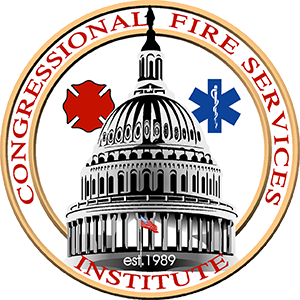Congress Passes Public Safety Officers’ Benefits Improvement Act
(May 18, 2017) – This week, Congress passed legislation designed to improve the timeliness and transparency in the Justice Department’s processing of the Public Safety Officers’ Benefits Program survivor, disability, and educational assistance claims. S. 419, the Public Safety Officers’ Benefits Improvements Act, was introduced by Senator Charles Grassley (IA) on February 16, 2017. The bill will address on-going problems with the Public Safety Officers’ Benefits (PSOB) program.
The legislation allows the PSOB office to issue rules, regulations and procedures that are based on standards developed by other federal agencies dealing with death or disability claims of public safety officers. This is in direct response to the Department of Justice’s delay in adopting the World Trade Center Health Program and Victims’ Compensation Fund findings associated with 9/11-related claims. Additionally, the legislation restores the “substantial weight” standard that requires the PSOB office to give substantial weight to the findings of federal, state, and local agencies as to the cause of the public safety officer’s death or disability prior to the rewrite of regulations in 2005. The bill also requires the PSOB office to post a public weekly status report on claims and to make a detailed biannual report to Congress.
S. 419 was approved unanimously by the Senate on Tuesday, May 16th. The House unanimously approved the bill the following day. The legislation will now go to the White House for the President’s signature.
